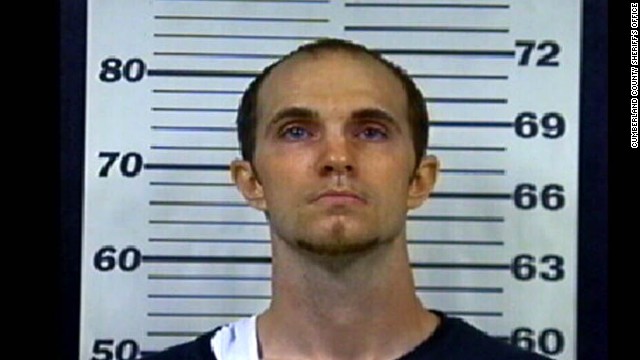Kevin M. Mathewson
Impunity Watch Reporter, Asia
ZAMBOANGA, Philippines — The leader of a Muslim Rebel group whose members have been locked in a deadly fight with Philippine forces in Zamboanga city has agreed to ceasefire talks, officials say.

Roughly 180 gunmen from the Moto National Liberation Front (MNLF) infiltrated six coastal districts of Zamboanga city before dawn on Monday. The siege, lasting for roughly five days, resulted in over 200 people dead and at least 100 residents taken hostage.
It’s been estimated that 15,000 residents of Zamboanga have been displaced by the violence.
Vice-President Jejomar Bonay, who spoke with rebel leader Bur Misuari, says the proposed truce will begin Saturday. No conditions have been set in exchange for the agreed ceasefire.
“The details of a peaceful settlement can be threshed out with a ceasefire in place.” Vice-President Bonay told Associated Press. Vice-President Bonay plans to join President Benigno Aquino in Zamboanga on Saturday.
President Benigna Aquino visited Zamboanga earlier in the week to speak with Philippine troops and the residents displaced by the violent clash. There, he warned in a speech that his government would not hesitate to use force to end the crisis. His administration has faced Muslim Rebel groups since he came into power in 2010.
There are over 1,000 troops currently in Zamboanga city, battling to drive MNLF back after the rebels set fire to resident’s homes.
Fighting broke out as recently as Thursday, where a mortar fired by the rebels landed on a street in front of a government hospital in the village of Santa Catalina. Four members of the Red Cross were reported injured as a result of the attack.
The MNLF was created by Nur Misuari in 1971, with the goal of fighting the Philippine state for an independent Islamic nation. The MNLF then signed a peace agreement with the Philippine government in 1996.
However, Misuari accused the government of violating the terms of the 1996 agreement by negotiating a separate peace deal with a rival faction, the Moro Islamic Liberation Front.
For further information, please see:
BBC News – Philippines standoff: Rebels agree to ceasefire talks – 13 September 2013
Bangkok Post – Philippines VP says rebel leader agrees to discuss truce – 13 September 2013
Yahoo! News – Philippines VP says rebel leader agrees to discuss truce – 13 September 2013
South China Morning Post – Muslim rebels in Zamboanga stand-off agree to ceasefire – 13 September 2013
Sky News – Philippines: Fighting Intensifies In Stand-Off – 13 September 2013


